Shared interests may sustain alliances in peacetime. But alliances that are capable of winning wars and confronting crises require something more: a willingness to compromise one’s immediate well-being and to endure sacrifices. This is called solidarity, and it is one of the principles upon which the European Union (EU) is based.
Solidarity in Europe had long been a matter for speeches. But then the 2010 euro crisis put it to the test, when Greece, Ireland, and Portugal lost access to capital markets and were forced to seek financial assistance. Many in Northern Europe were shocked: To allow those states that had ignored the single currency’s rules to rely on their partners’ helping hand was simply an invitation to flout the rules repeatedly. The battle lasted for five years, with many twists and turns, and entailed much unnecessary economic hardship, until it ended in 2015 with the decision to keep Greece inside the euro.
That lesson had not been forgotten when the Covid-19 pandemic shock hit Europe in 2020. The European Central Bank (ECB) was quick to launch a dedicated asset-purchase programme, and the EU itself devised two path breaking initiatives in a matter of months. It developed a joint plan to purchase and distribute vaccines, so that wealthier member states could not outbid poorer ones, and it established the Recovery and Resilience Facility (RRF), through which grants and loans to member states are being financed by EU borrowing. These were rightly hailed as European solidarity in action.
But the war in Ukraine and its economic consequences have opened a new, complicated chapter for the EU. The shock is evidently highly asymmetric. For example, there are currently 1.2mn Ukrainian refugees in Poland, but only 130,000 in Spain – a roughly ten-to-one difference between countries with similar populations. Dependence on Russian natural gas also is extremely uneven. Supplies from Russia cover about one-quarter of total energy demand in Hungary, Latvia, and Slovakia, and about one-eighth in Germany and Italy, but a negligible share in Spain and Portugal.
In normal times, tackling this asymmetry would present a major challenge for the EU. But the big, essential difference with previous threats to the bloc’s cohesion is that, in Russian President Vladimir Putin, Europe faces an external enemy who makes no secret of his desire to exploit and exacerbate divisions both between and within European countries. Putin’s ultimate goal is to destroy the EU.
To this end, he is punishing Russia’s adversaries by cutting gas supplies, and rewarding Russia’s European allies for their loyalty. The latter include Hungarian Prime Minister Viktor Orbán, who has now fully endorsed the Russian narrative, declared that the EU “shot itself in the lungs” by imposing sanctions against Russia, and sent his foreign minister to Moscow to negotiate additional gas purchases.
The recent unravelling of the Italian government coalition led by former ECB President Mario Draghi is clearly bad news in this regard. Not only was Draghi a staunch advocate of toughness against Russian aggression and a key architect of EU sanctions, but the three parties (the Five Star Movement, the League, and Forza Italia) that triggered his government’s collapse represent various shades of pro-Russian opinion. Putin has undoubtedly scored a goal here.
The ECB’s pivot to a more hawkish policy stance could have been another blow to European solidarity. Since March 2020, flexibility in the allocation of the ECB’s special asset-purchase program had kept a lid on sovereign bond spreads among eurozone countries; but by mid-July the combination of the scheme’s expected termination and political turmoil in Italy had already caused spreads to widen.
The ECB’s announcement on July 21 of the Transmission Protection Instrument, a new discretionary asset-purchase facility, is likely to help calm fears. Activation of the TPI is of course conditional on a eurozone member state fulfilling economic policy criteria, including – importantly – a determination by the ECB that its public debt remains sustainable. But this was necessary to avoid moral hazard and protect the central bank from the perils of fiscal dominance.
EU solidarity on the energy front, however, is in shorter supply. Initial reactions to the European Gas Demand Reduction Plan presented on July 20 by European Commission President Ursula von der Leyen were cool, to say the least.
According to the original proposal (based on the same EU treaty article that provided the cornerstone for the post-pandemic RRF), all member states should aim to reduce their gas usage over the winter by 15%. Furthermore, these reductions could be made mandatory in the event of an energy alert triggered by a substantial risk of a severe gas shortage or by exceptionally high demand. In other words, Spain, which does not depend on Russian gas, would be expected to cut its domestic consumption if Russia further curtailed its exports to Germany.
This plan was clearly put on the table as a basis for discussion. Other issues, such as the politically controversial postponement of the planned closures of nuclear or coal-fired power plants, common purchases of liquefied natural gas, and the expansion of interconnection infrastructure must be part of the negotiation. But the instant negative reactions from Spain, Portugal, and Greece amounted to a replay in reverse of what these countries suffered during the euro crisis a decade ago.
After several days of negotiations, EU member states agreed on July 26 to a watered-down version of the plan. But it is hardly sufficient quantitatively, and it is full of carve-outs and exemptions. Moreover, to mandate any cuts will require a vote in the European Council.
When the 13 American colonies signed the Declaration of Independence in 1776, Benjamin Franklin famously said that, “We must all hang together, or, most assuredly, we shall all hang separately.” With the fallout from the Ukraine war threatening Europe’s cohesion, Franklin’s warning has gained new and acute relevance. — Project Syndicate
Read the article on the website of Gulf Times
https://www.gulf-times.com/story/721952/A-new-test-for-EU-solidarity

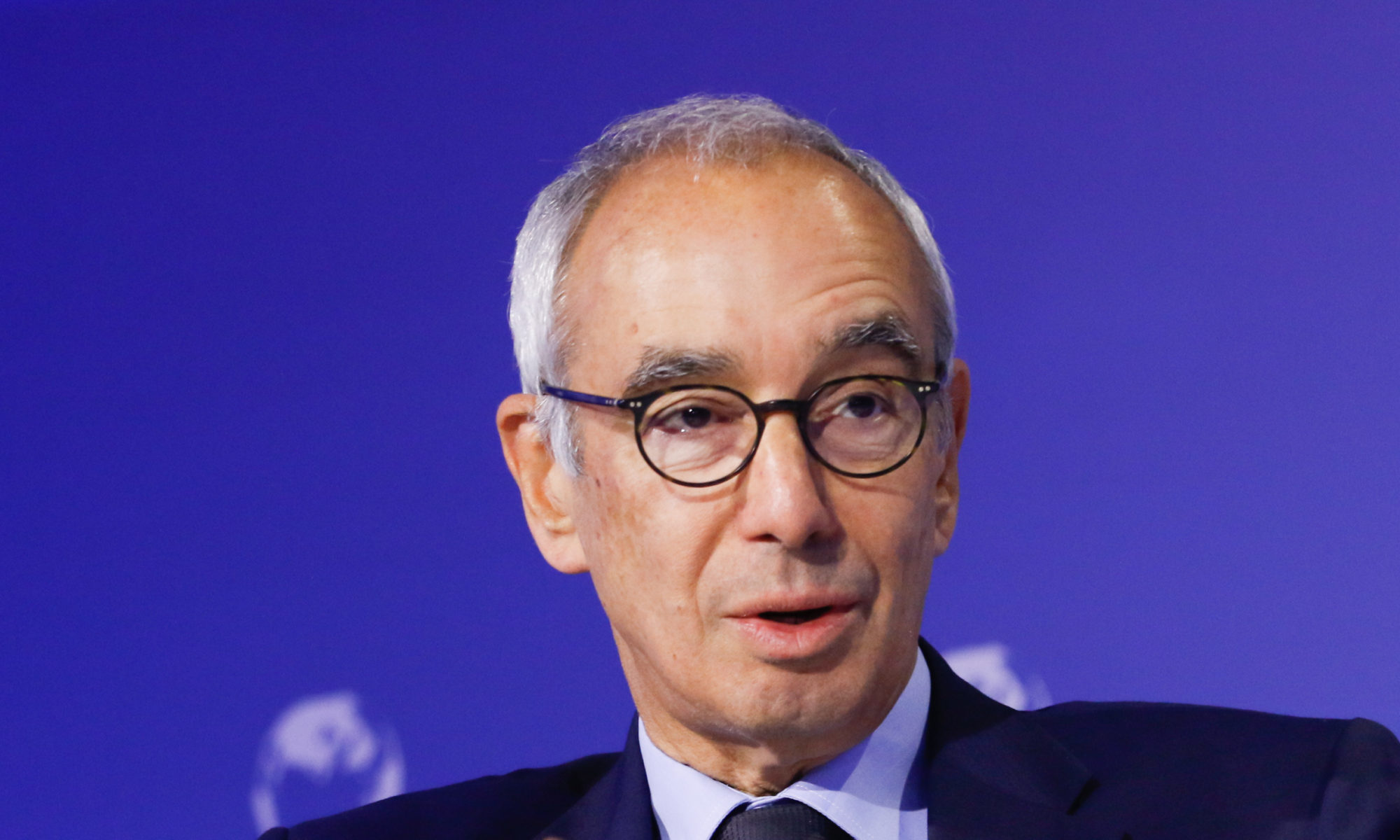
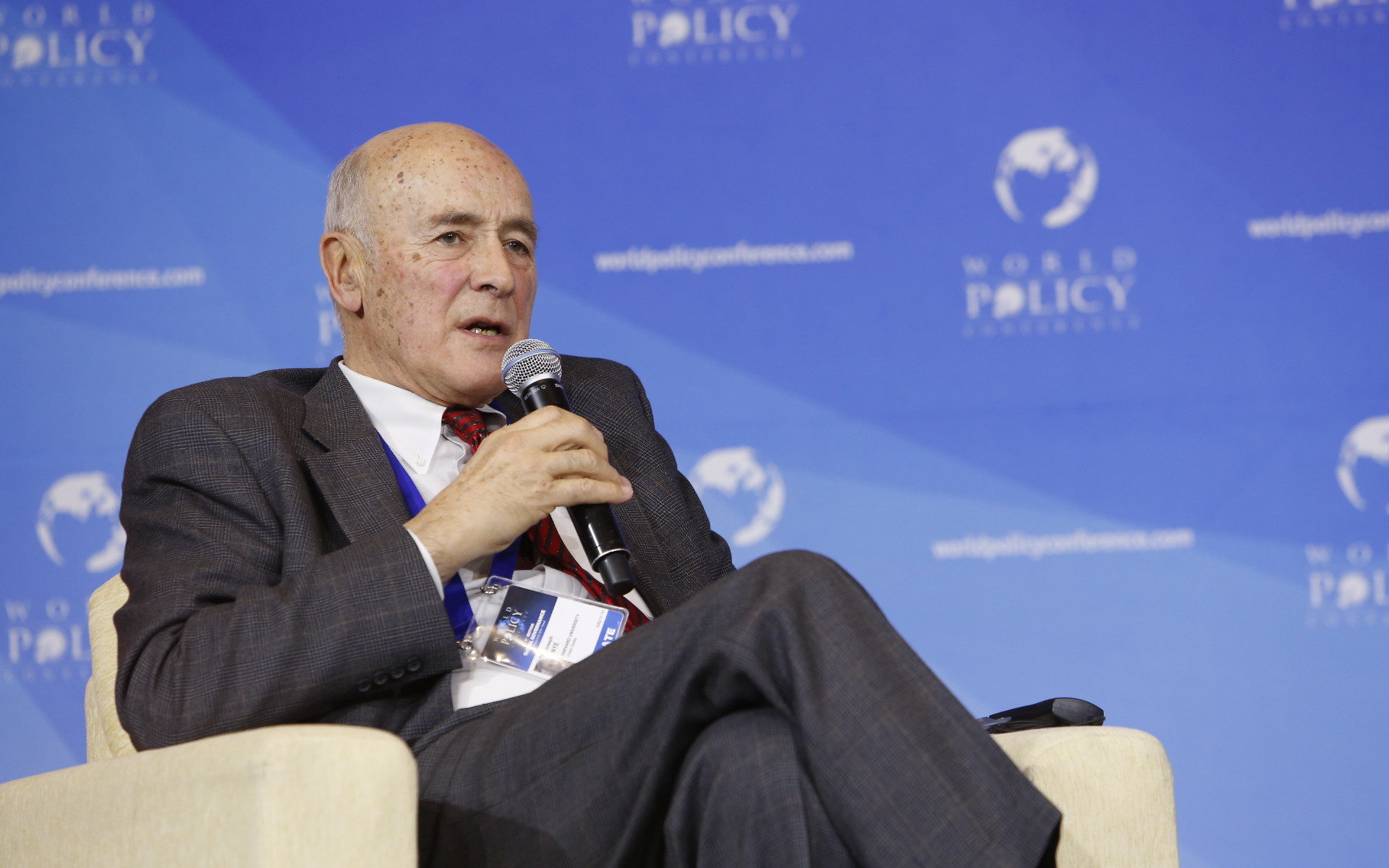
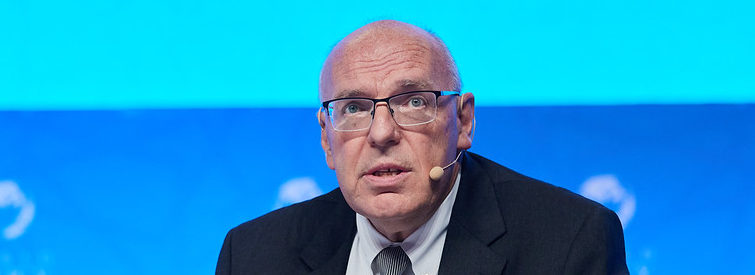

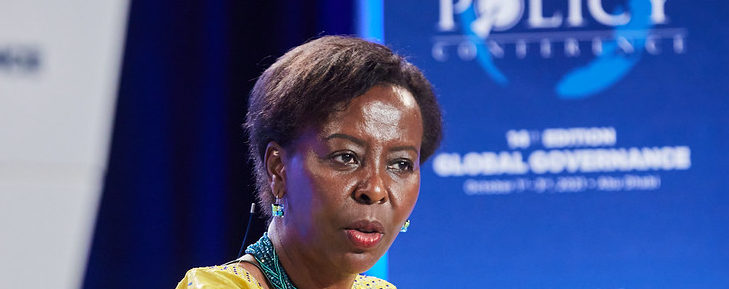


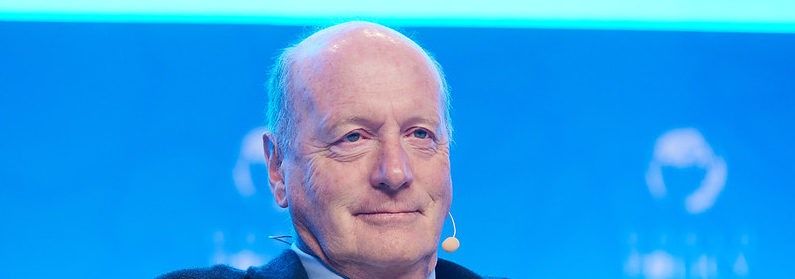
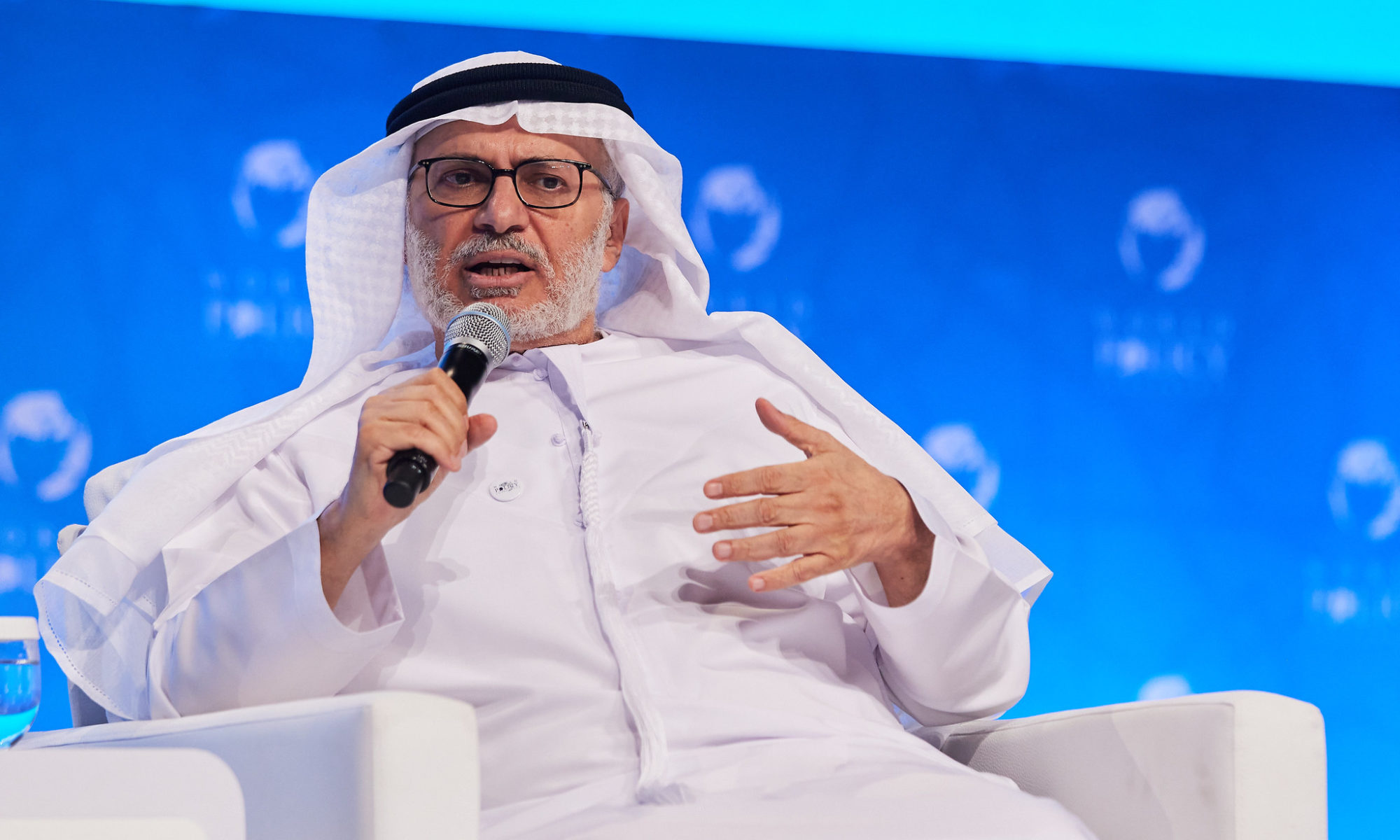
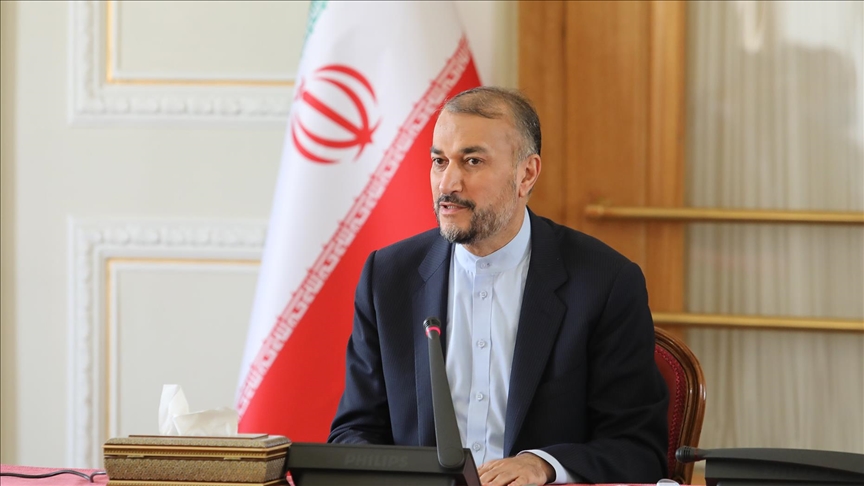
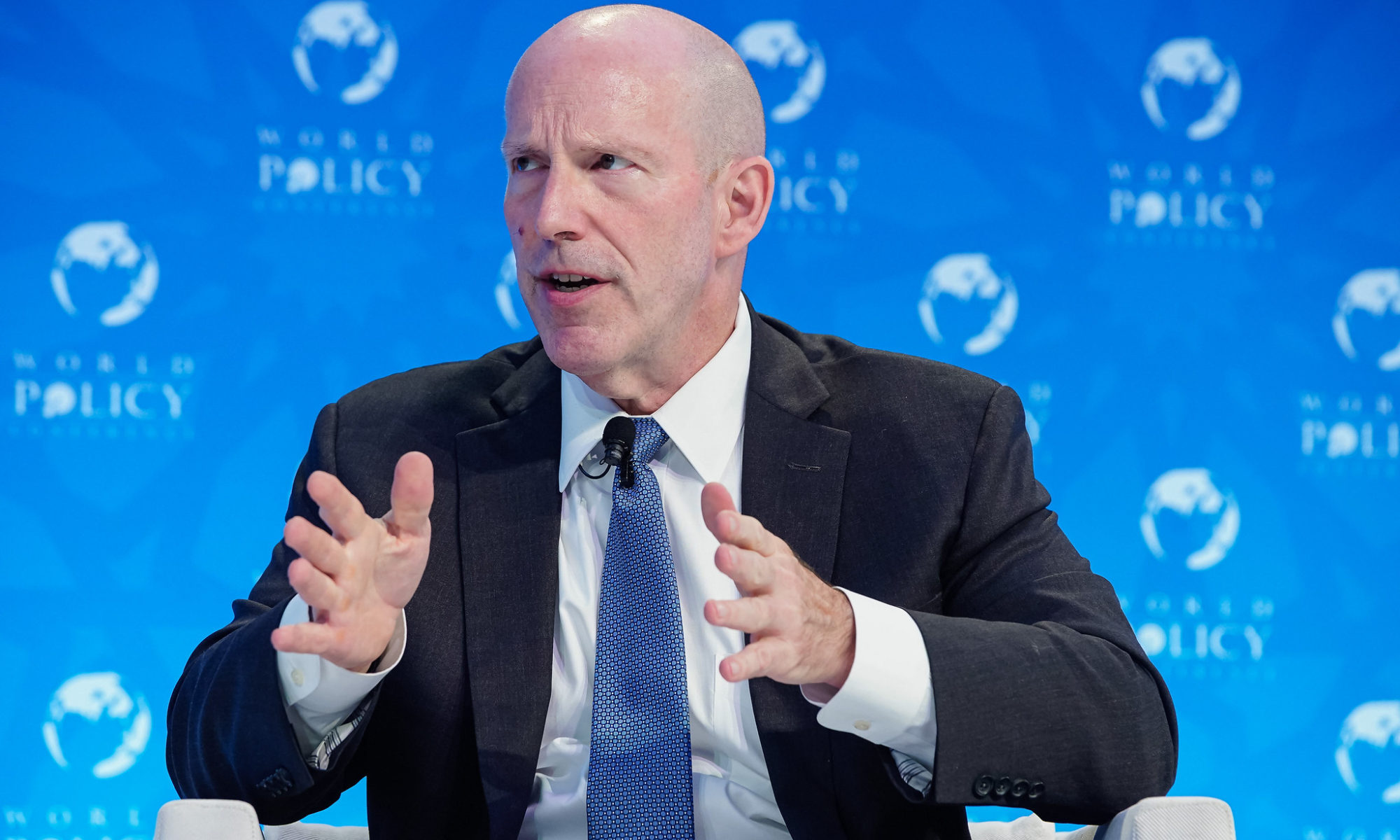
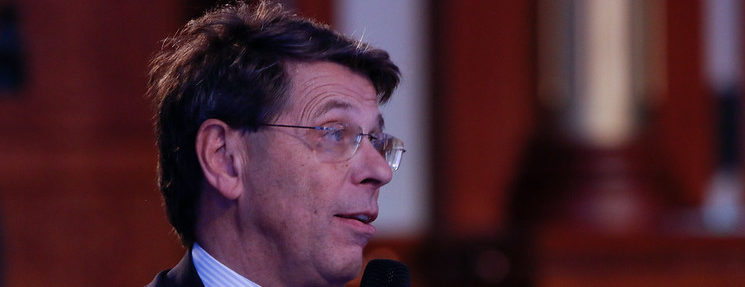




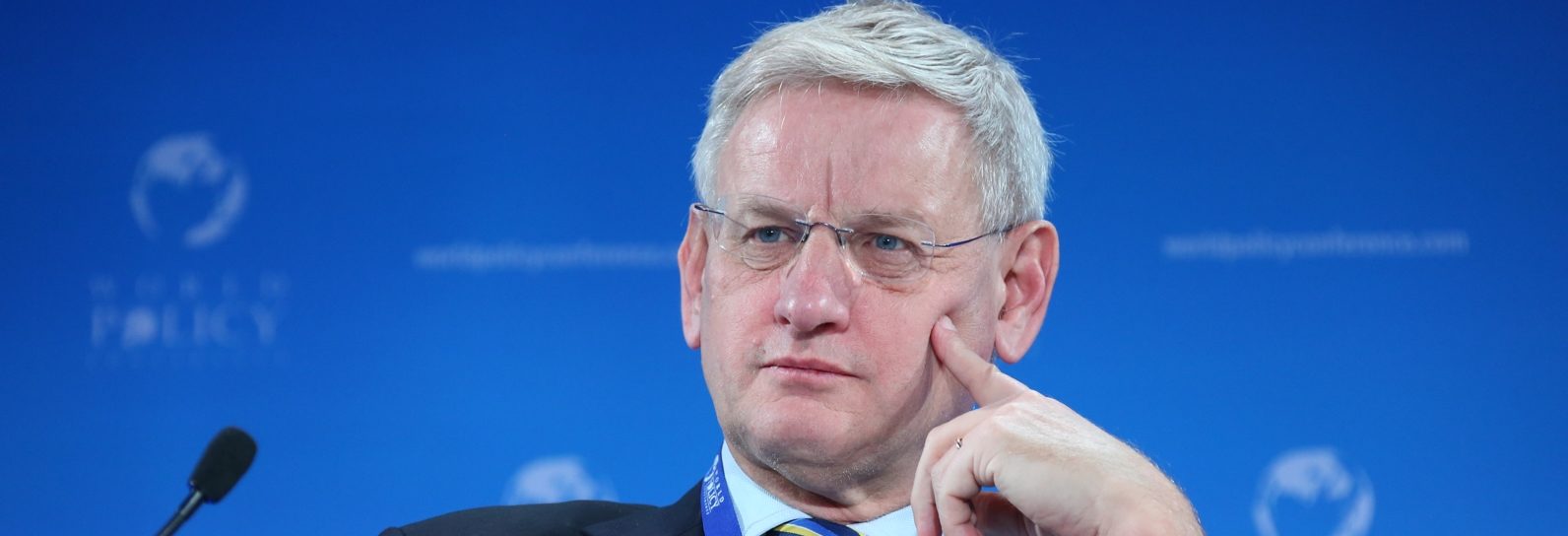

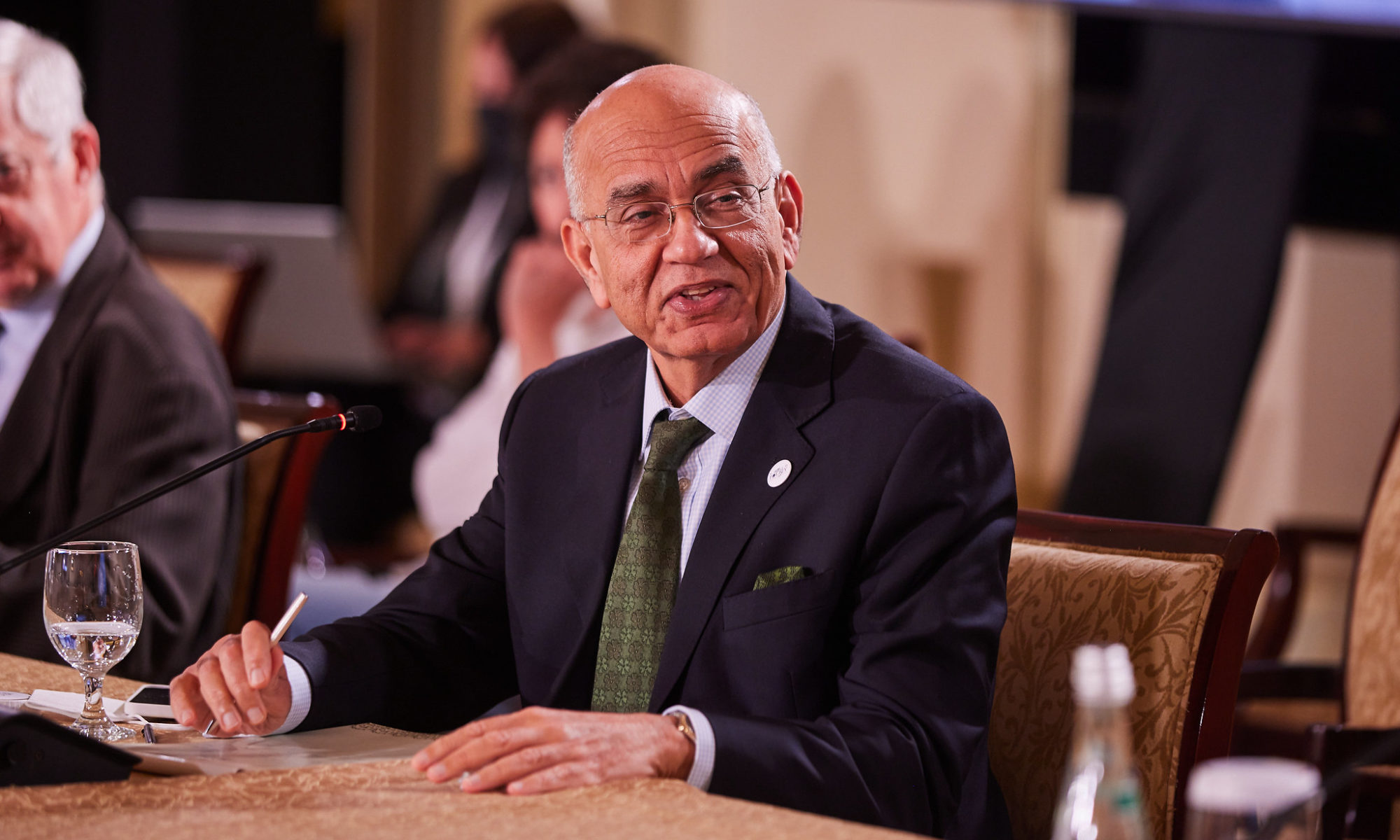
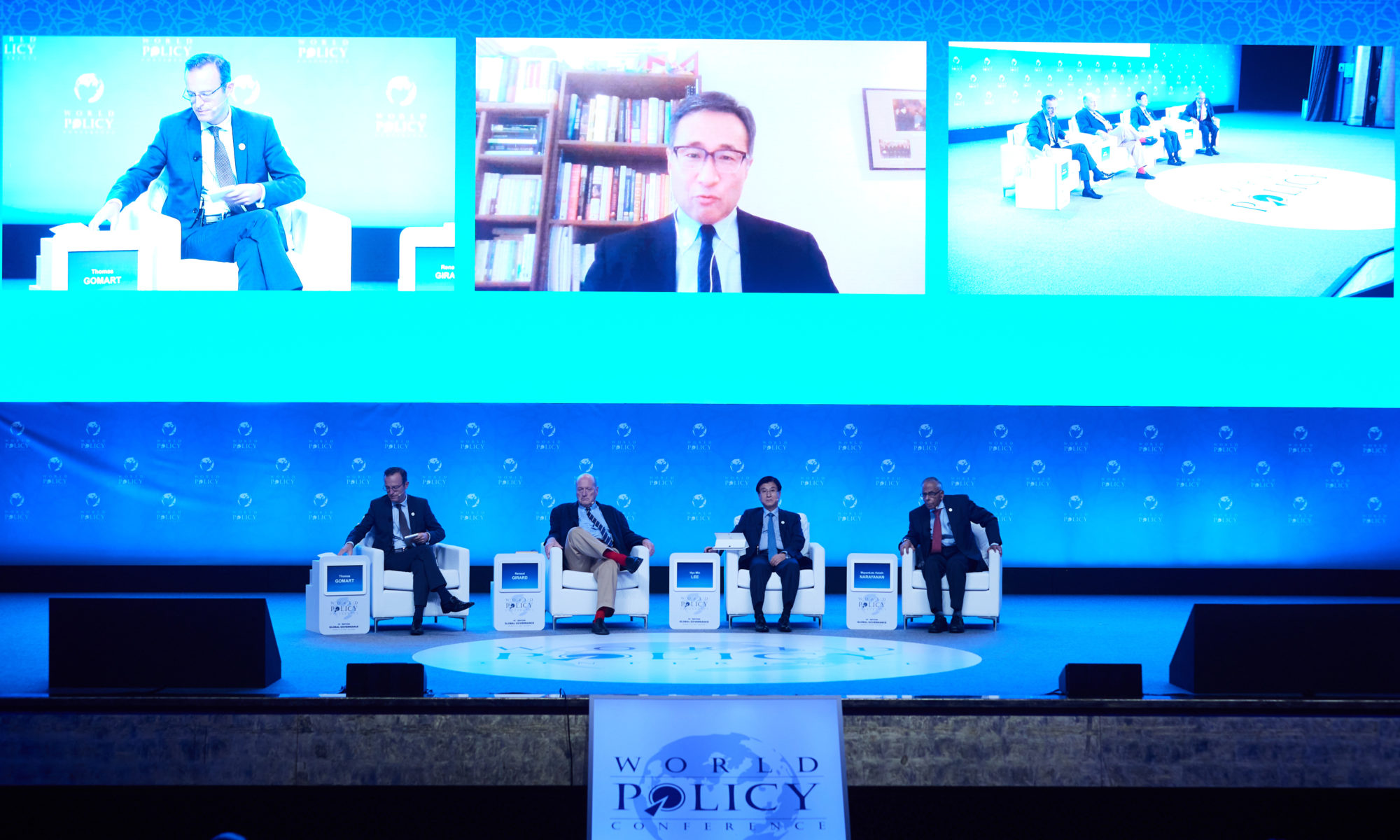

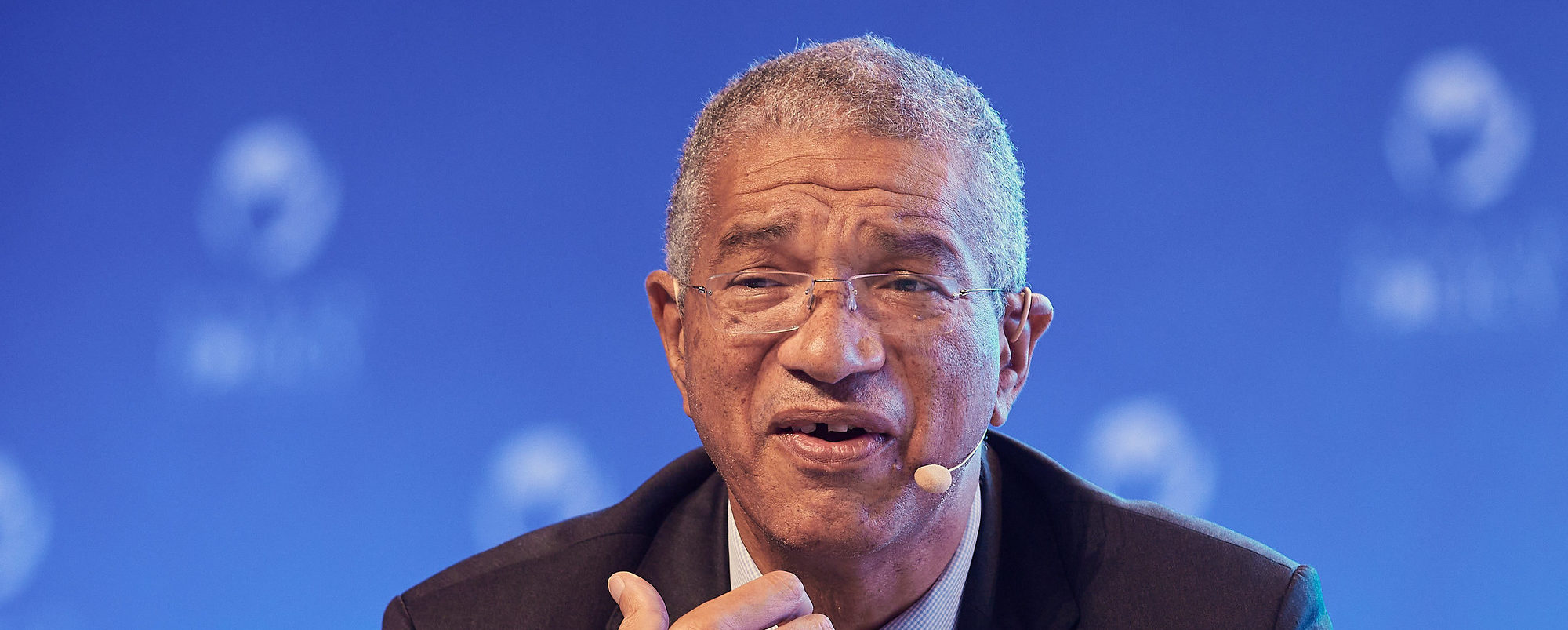



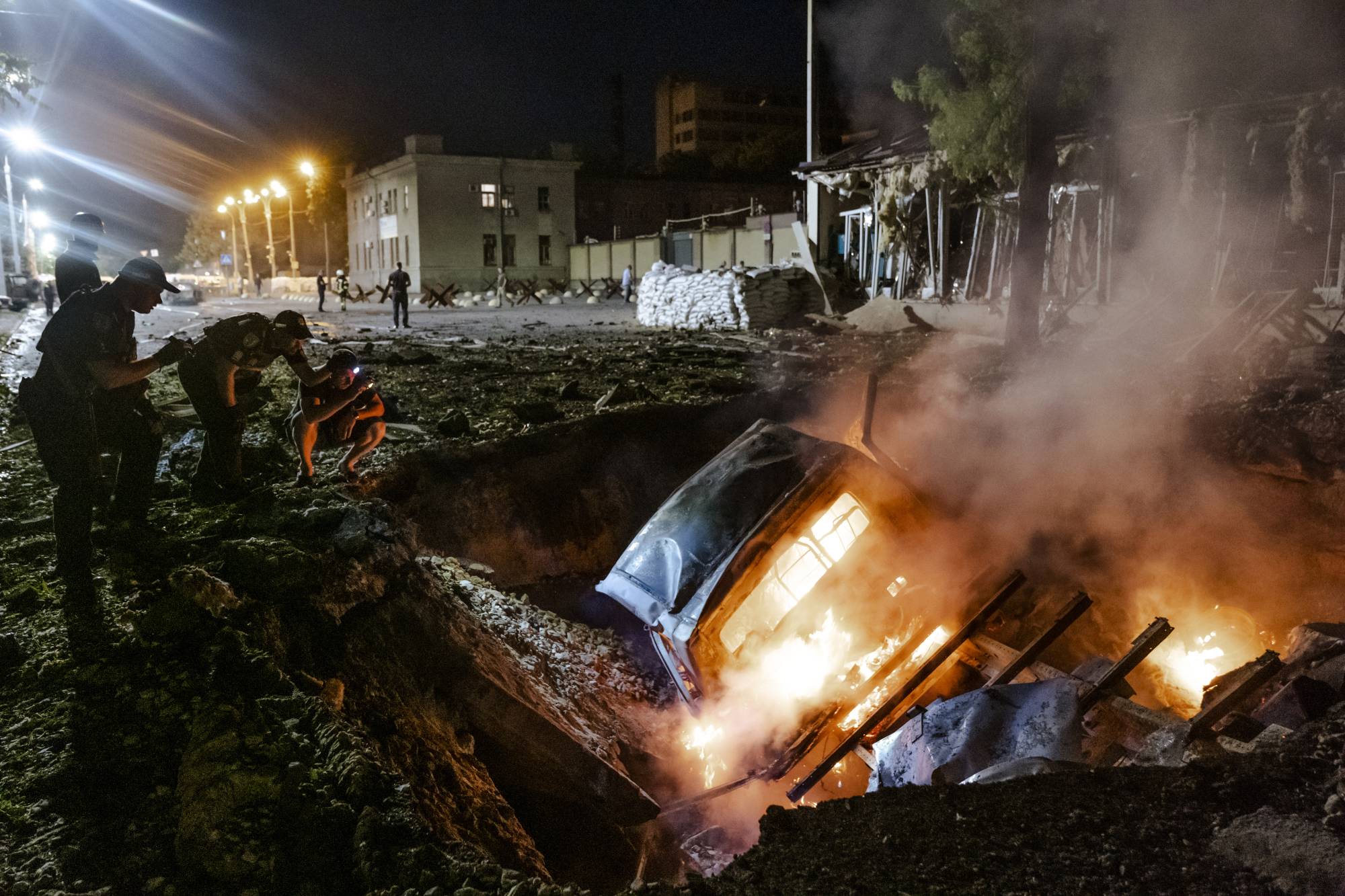
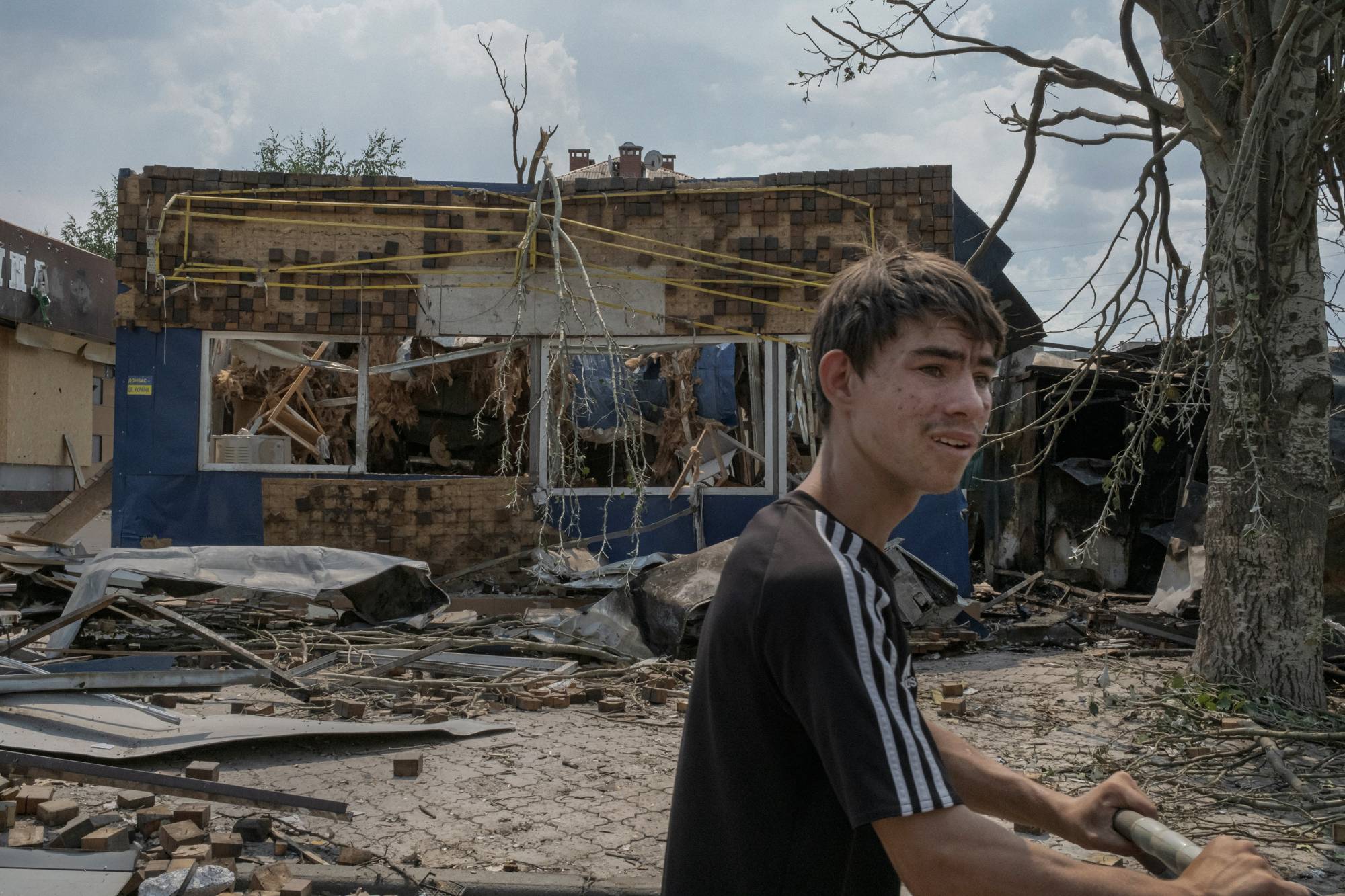

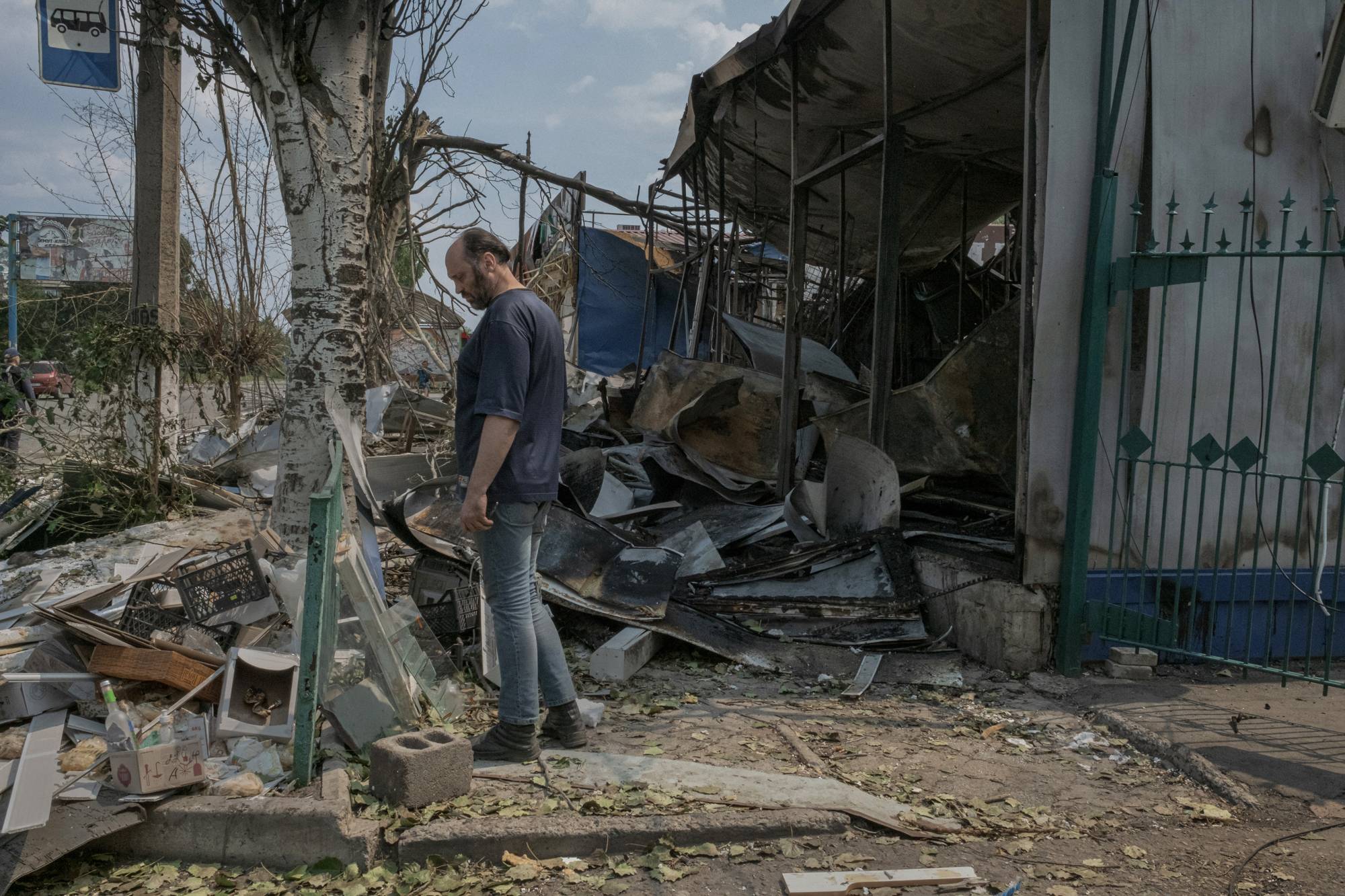


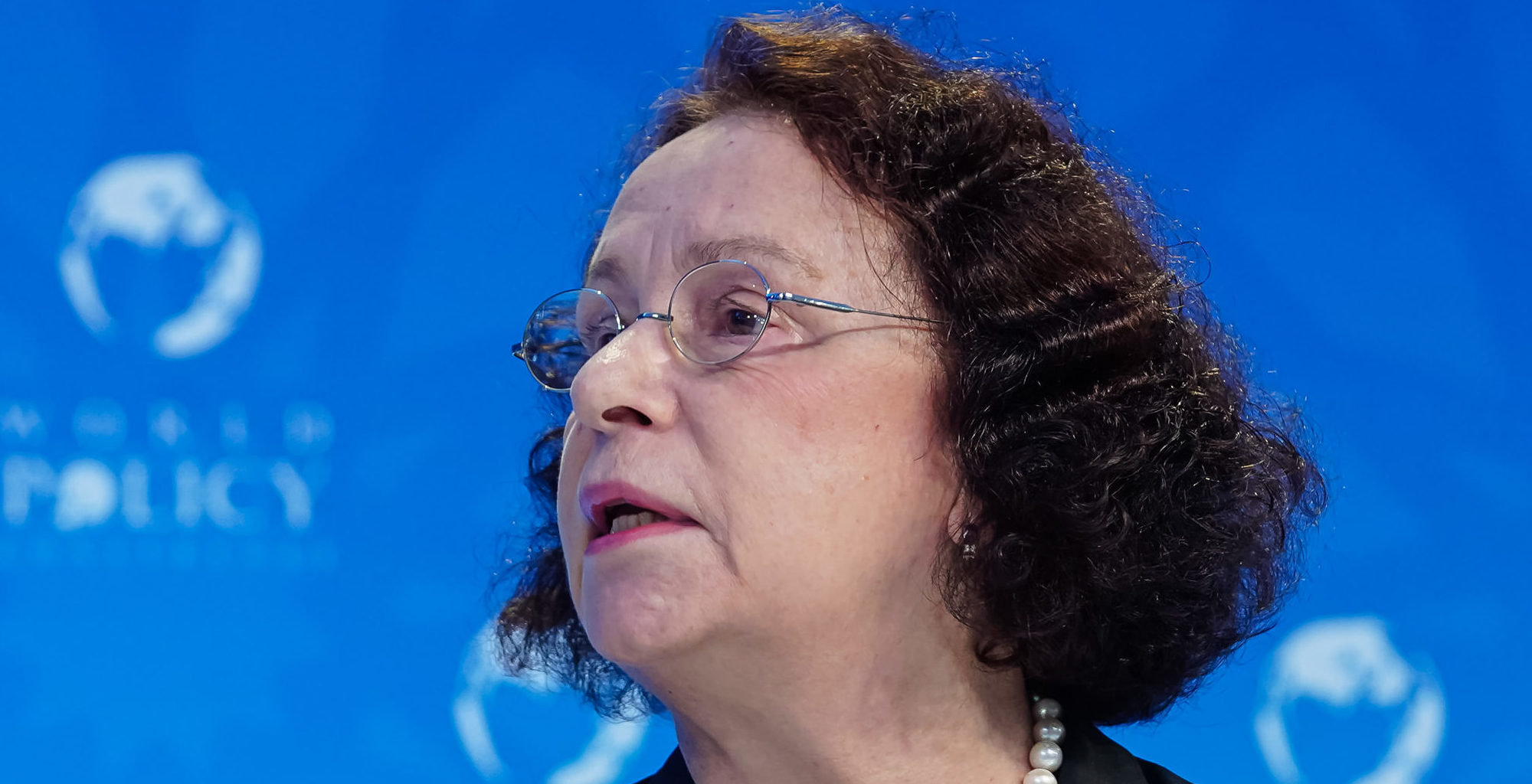



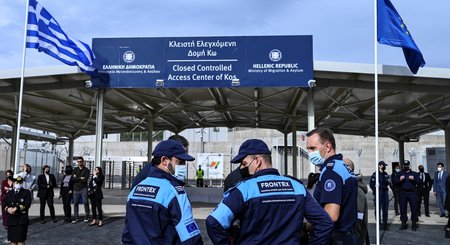


NEW YORK – t is often said that no one wins a war, just that some lose less than others. Russia’s war against Ukraine promises to be no exception. One clear loser is already evident: the planet.
The war has become the international priority for policymakers and publics. And rightly so: Russian President Vladimir Putin’s aggression against Ukraine threatens a pillar of international order, namely the prohibition on changing borders by force. But the war has also triggered a global scramble for sufficient supplies of energy in response to sanctions against Russian energy exports and the possibility that Russia will cut off supplies. Many countries have found that the easiest and quickest route is to secure greenhouse-gas-emitting fossil fuels.
Read the entire article on Project Syndicate.